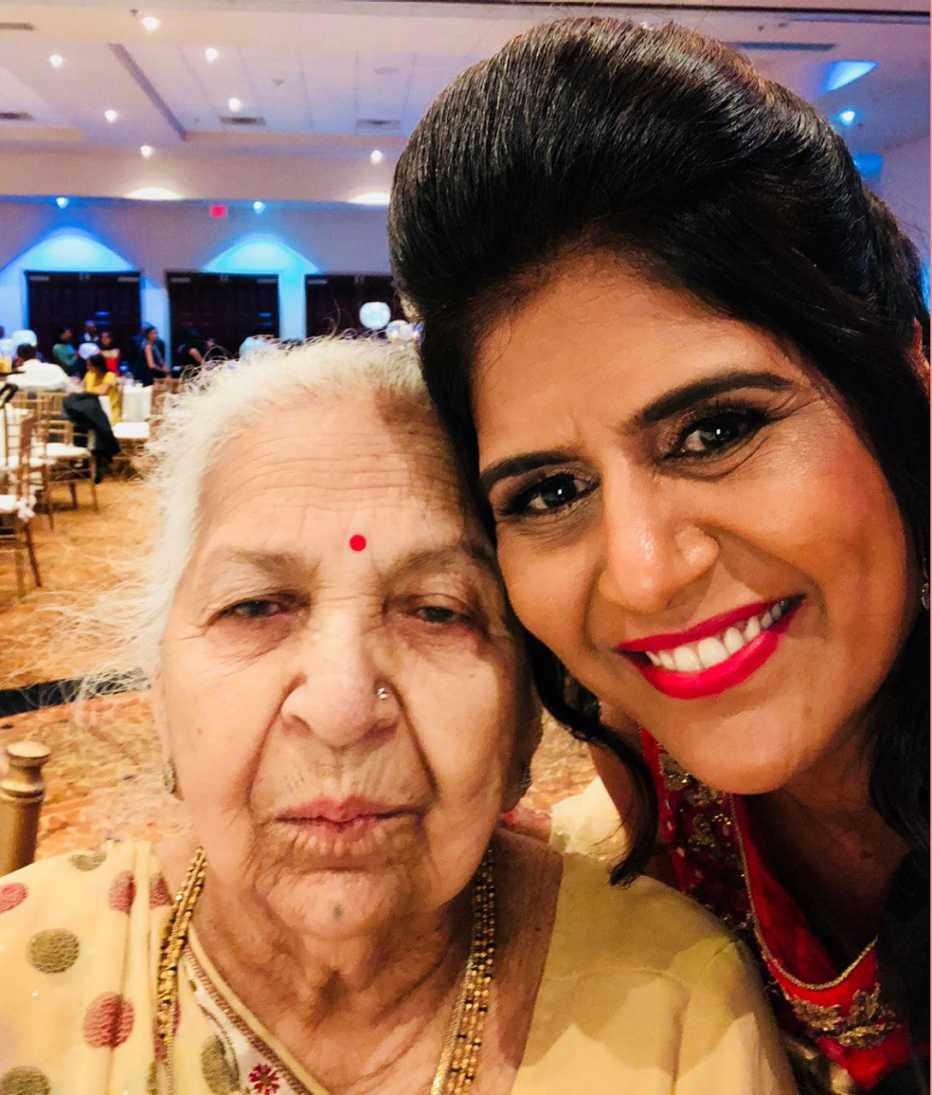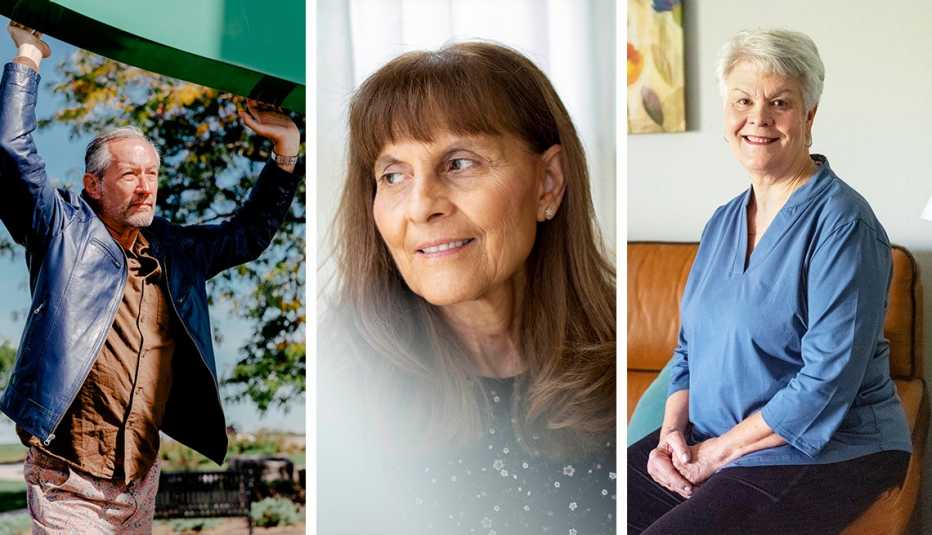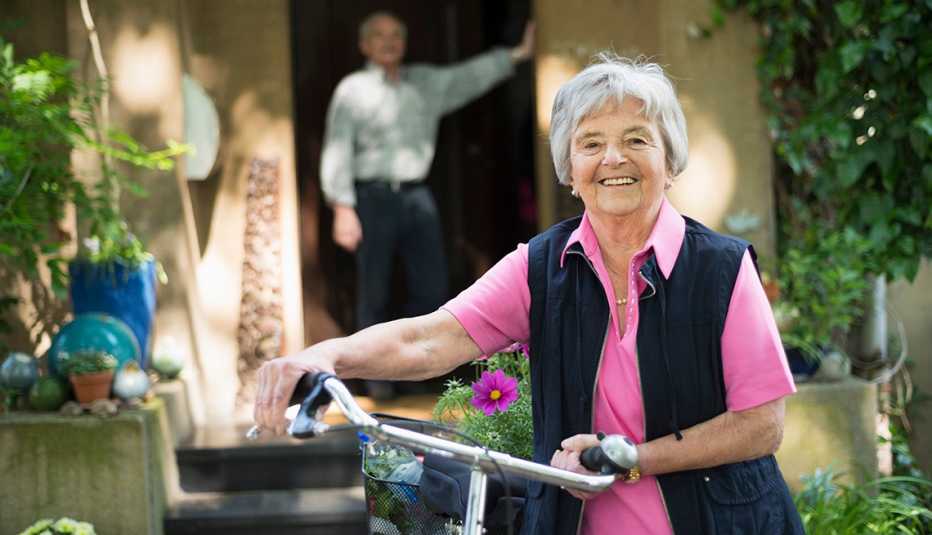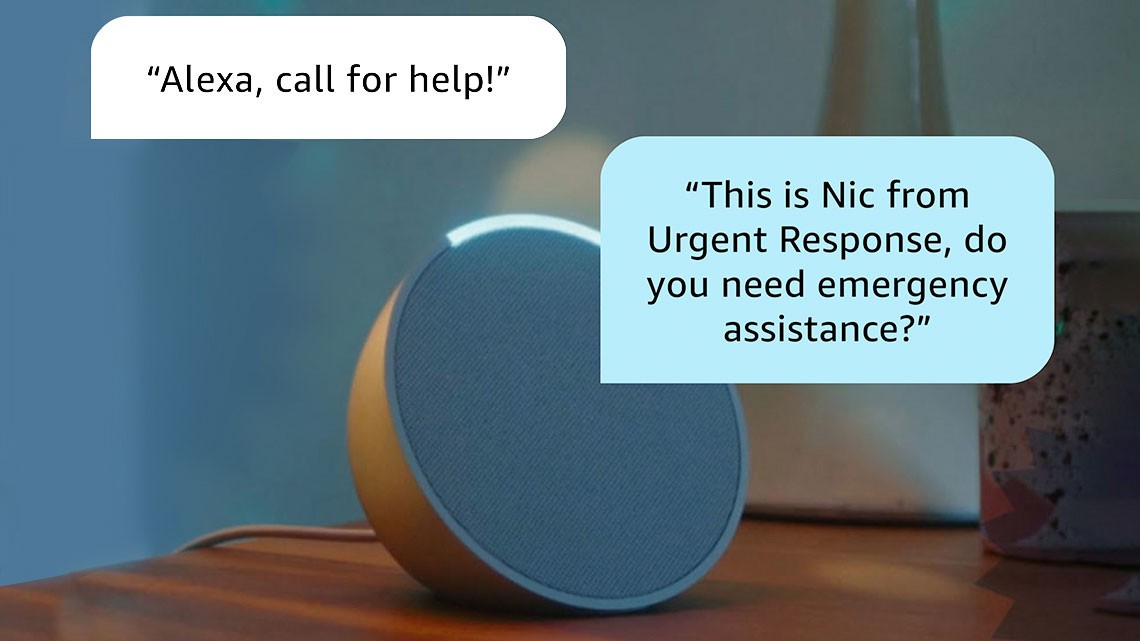Staying Fit
June McKoy, M.D., had a request for the physicians who treated her aunt when she accompanied her older relative to medical visits: “Please don’t use the word ‘cancer’ to my aunt,” she recalls telling them.
McKoy grew up in England but was born in Jamaica and was intimately shaped by her birthplace and Jamaican heritage. “Your culture goes with you, wherever you go, it defines you,” says McKoy, who’s the program director of the geriatric medicine fellowship at Northwestern Medicine in Chicago. This cultural embodiment included the way her family approached medicine. “In terms of Jamaican culture, if you find something really bad, you wouldn’t put it in terms that would frighten the patient,” she says.


AARP Membership— $12 for your first year when you sign up for Automatic Renewal
Get instant access to members-only products and hundreds of discounts, a free second membership, and a subscription to AARP the Magazine.
Although doctors ultimately discovered that her aunt had colorectal cancer, McKoy asked them to use other words, like “tumor,” to describe her condition because “once you say ‘cancer,’ it really brings up a great deal of anxiety.”
McKoy emphasized that her aunt was educated; her request didn’t “mean that she was stupid,” but rather signaled a difference between the way her Jamaican family viewed medicine and the way it was practiced in the United States. She also asked medical providers not to urge her aunt to have surgical procedures because “it goes against her culture to [have an operation] because she’s not going to give in.”
It’s cultural nuances like these that McKoy says are essential for families to communicate to the physicians and medical providers of the older adults whose medical care they are shepherding.
She and other geriatricians and physicians have the following advice for families who want to ensure that their unique cultural and faith needs are being integrated into the medical care of their loved ones.
Communicate wishes clearly
Erika Hutz, an osteopathic physician and geriatrician with Swedish Medical Group in Chicago, says it’s impossible for families to over-communicate when it comes to the kind of medical care they want their loved ones to receive. She adds that it’s helpful when patients bring in lists with specific wishes for their care.
“Physicians need to take these courses that are now pretty much mandatory in hospitals to better communicate with patients,” says Hutz. “But the patient and families also have to advocate for themselves. And if something's very important to them, then they need to let their medical staff know about it.”
Hutz pointed to one situation in which she had an older adult patient from the Middle East who would come to appointments with her son. Hutz said her patient would always “get very, very sick around certain times of the year.”






































































